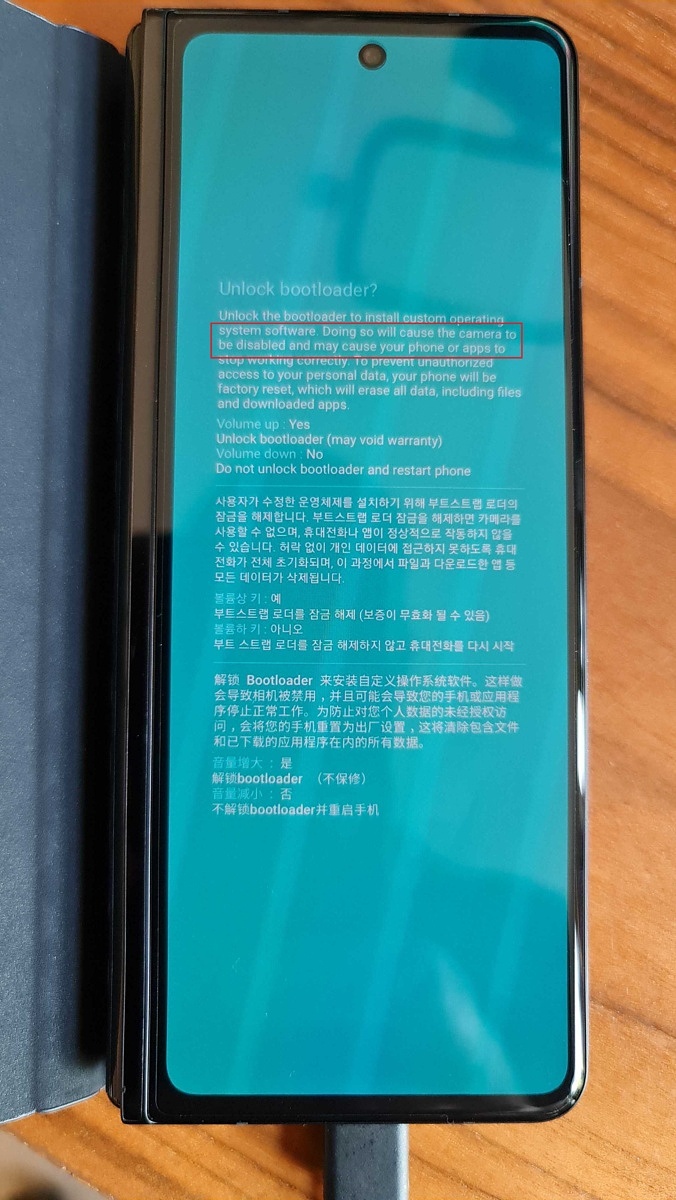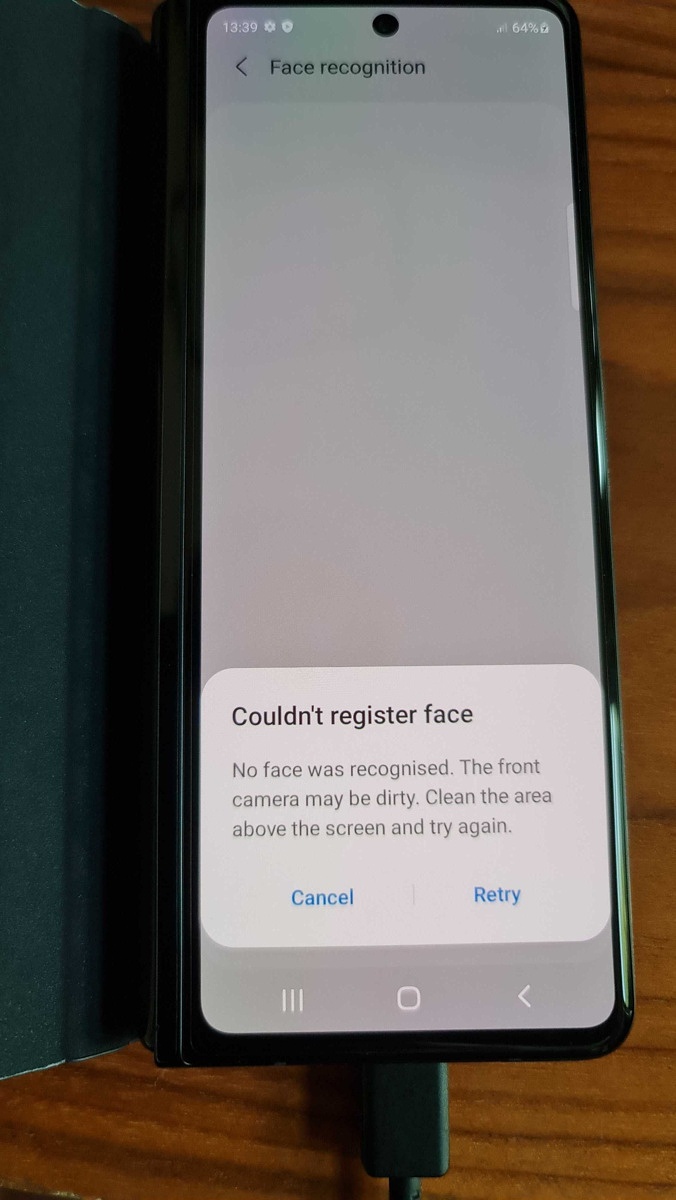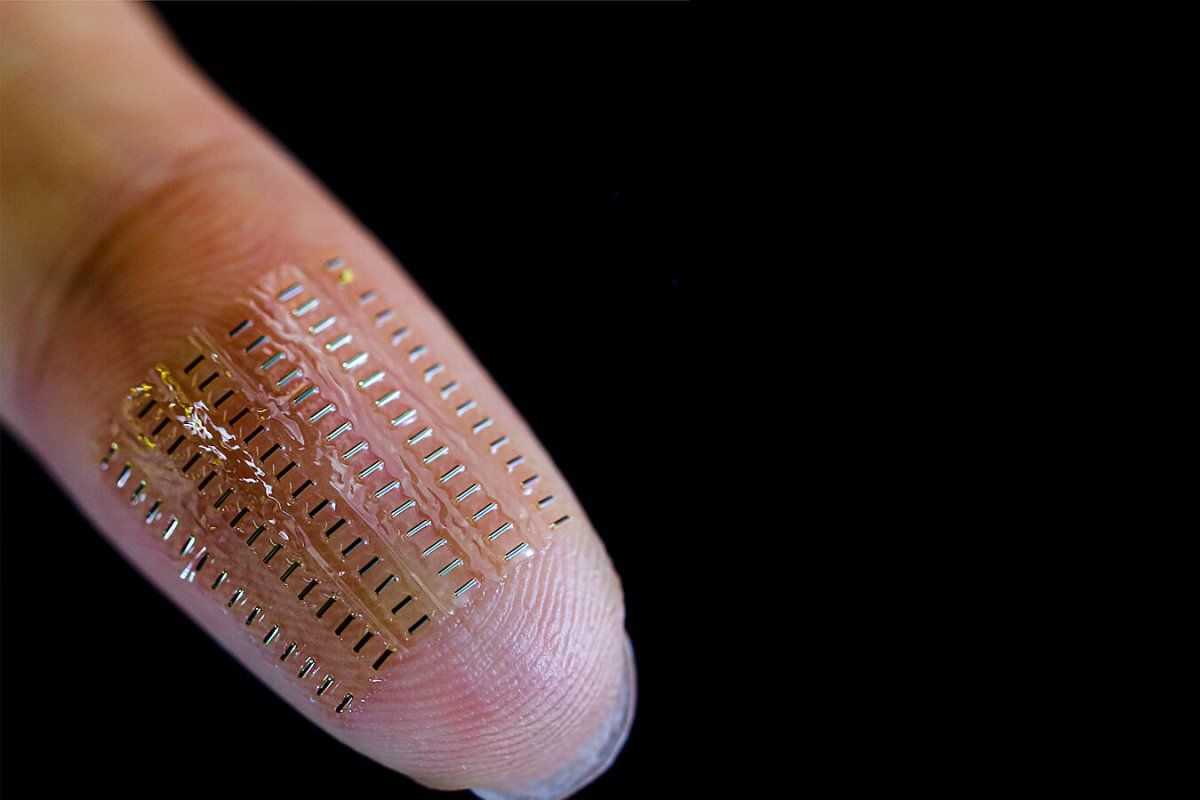Infosec pros and other technically minded folk have just under a week left to comment on EU plans to introduce new regulations obligating consumer IoT device makers to address online security issues, data protection, privacy and fraud prevention.
Draft regulations applying to “internet-connected radio equipment and wearable radio equipment” are open for public comment until 27 August – and the resulting laws will apply across the bloc from the end of this year, according to the EU Commission.
Billed as assisting Internet of Things device security, the new regs will apply to other internet-connected gadgets in current use today, explicitly including “certain laptops” as well as “baby monitors, smart appliances, smart cameras and a number of other radio equipment”, “dongles, alarm systems, home automation systems” and more.
[…]
The Netherlands’ FME association has already raised public concerns about the scope of the EU’s plans, specifically raising the “feasibility of post market responsibility for cybersecurity”.
The trade association said: “If there is a low risk exploitable vulnerability; at what level can the manufacturer not release or delay a patch, and what documentation is required to demonstrate that this risk assessment was conducted with this outcome of a very low risk vulnerability?”
While there are certainly holes that can be picked in the draft regs, cheap and cheerful internet-connected devices pose a real risk to the wider internet because of the ease with which they can be hijacked by criminals.
[…]
Certain router makers have learned the hard way that end-of-life equipment that contain insecurities can have a reputational as well as security impact. That said, it’s perhaps unreasonable to expect kit makers to keep providing software patches for years after they’ve stopped shipping a device. Consumers cannot rely on news outlets shaming makers of internet-connected goods into providing better security; new laws are the inevitable next stage, and there’s a growing push for them on both sides of the Atlantic.
Device makers being banned from selling in the EU over security and data protection issues is not new. In 2017, the German telecoms regulator banned the sale of children’s smartwatches that allowed users to secretly listen in on nearby conversations and later that year, the French data protection agency issued a formal notice to a biz peddling allegedly insecure Bluetooth-enabled toys – Genesis Toys’ My Friend Cayla doll and the i-Que robot, because the doll could be misused to eavesdrop on kids. The manufacturers are also obliged to comply with the GDPR. However, the new draft law is evidence that certain loopholes might soon begin to close






